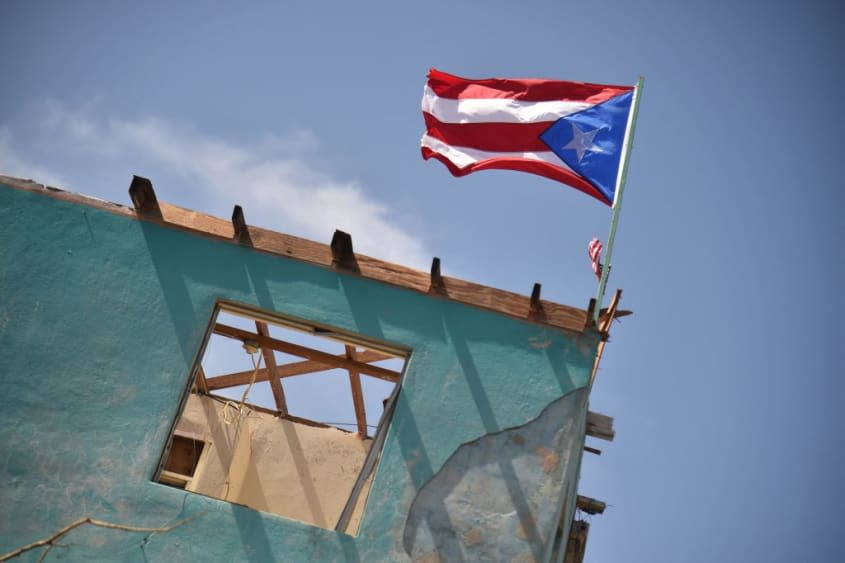The House has pushed Puerto Rico one step closer to possible statehood. What will the Senate do?

The House on Thursday advanced what is known as the Puerto Rico Status Act, under which Puerto Rican voters would decide whether their territory should become a U.S. state, an independent country, or an independent country aligned with the U.S., The New York Times reports.
The bill, which would establish a process for Puerto Rico to hold a referendum on the matter, passed the lower chamber 233 to 191, with 217 Democrats and 16 Republicans voting in support.
"Today's historic vote is a key step toward ensuring that Puerto Rico's future is one of its own choosing," House Speaker Nancy Pelosi (D-Calif.) said in a statement. "With the Puerto Rico Status Act, the Democratic House has proudly voted to tear down the vestiges of colonialism."
"For far too long, the people of Puerto Rico have been excluded from the full promise of American democracy and self-determination that our nation has always championed," added House Majority Leader Steny Hoyer (D-Md.), who has long worked on the issue, per The Associated Press.
But the bill stands hardly a chance in the evenly-divided Senate, where it almost certainly lacks the votes to overcome a filibuster. Further, per Charles Venator-Santiago, director of the University of Connecticut's Puerto Rican Studies Initiative, the Senate has never before approved a piece of legislation pertaining to a change in Puerto Rico's territorial status, despite Congress having debated 145 bills on the matter in the past several decades, he told NBC News.
Either way, with the current congressional term coming to a close, any legislating must "essentially restart next year with the newly-elected Congress," NBC News writes.
Though Puerto Ricans living on the island are U.S. citizens, they are unable to vote for president and lack voting representation in Congress. They must also pay payroll taxes despite having "limited or no access" to the federal programs those taxes help run, NBC News notes.
You may also like
What is Donald Trump even doing?
Republican voters are flocking to Ron DeSantis — but why?
Trump's 'MAJOR ANNOUNCEMENT' was a line of $99 NFT trading cards with 'no inherent monetary value'

